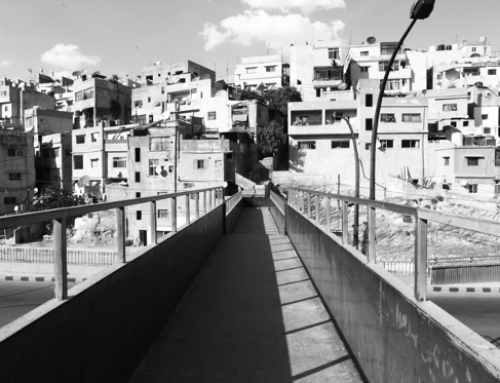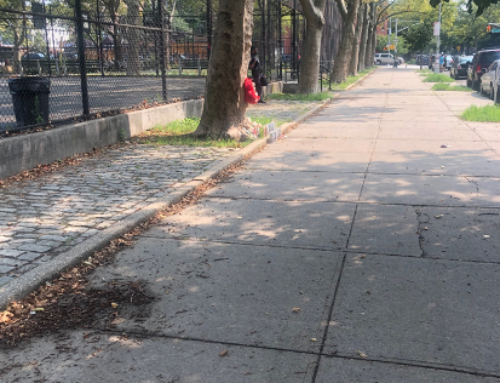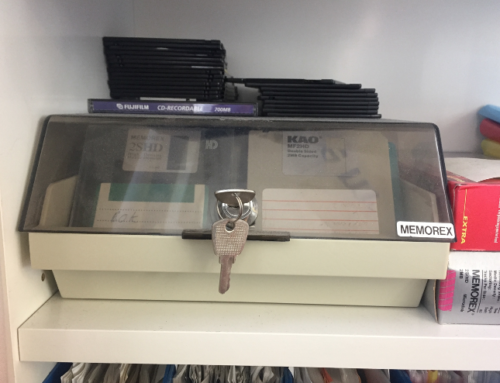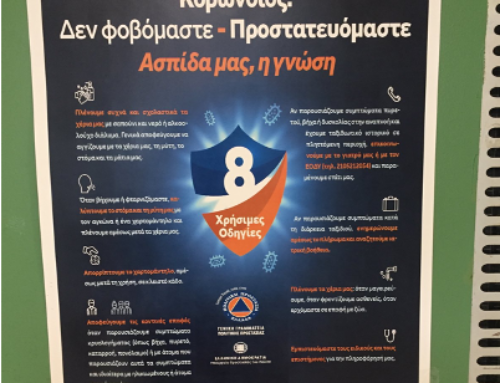I fear the room’s shared air; outside, Dallas heat is liquefying. Next door is the neon awning of the popsicle store: tinny music, electric strawberry and bubblegum pops, and across the way is the smokehouse: their bestseller is “burnt ends,” the smoky, fatty bits of the animal. Yes, sweets and meat and naked laughing faces, the city’s bright summer, its uncanny luster: everything looks the same as it did six months ago. Almost the same but not quite. The city pulses around me like a little ache, but actually it’s the pain inside my tooth.
When the dentist approaches I recoil: his blue paper mask droops below his nose. “Please,” I ask him, “can you put your mask on over your nose?” Already I’ve asked two receptionists in this office to cover their faces. In Texas, four months into the pandemic, there are 15,000 new cases a day. The dentist’s eyes frown at the scolding. I am shepherded off to the dental technician to X-ray the source of the pain.
The technician is tall, slender, gloved. He wears his mask properly and his eyes are solicitous when he asks me to remove mine to capture my teeth and gums. I’m anxious: it is my first time taking off my mask in public but when he whispers, “you’ll be okay” it seems true. I think I recognize his accent, that of an Arabic speaker, and it brings me ease; I have been researching and writing about Iraq for more than a decade. I take a breath. He smiles at me and gestures at the screen. Technicians are meant to wait for the dentist to read the X-ray but this one points to a tiny hollow on the image: “this here is just a cavity and it’s small. You have nothing to worry about. I was a dentist in my country.”
I ask him what country he came from and what America asks of him to become a dentist here. “Syria,” he tells me, “and it will take some time.” I reply to him in the Iraqi dialect of Arabic. Almost the same but not quite. I want to ask him if his family is safe, but I fear provoking a stab of pain through intrusion. Instead I say: “I hope you can get the job you deserve here soon.” Then, before I censor myself, I say softly again in Arabic, “you’re better than he is, the American dentist,” and Amir (he has told me his name by now) chuckles.
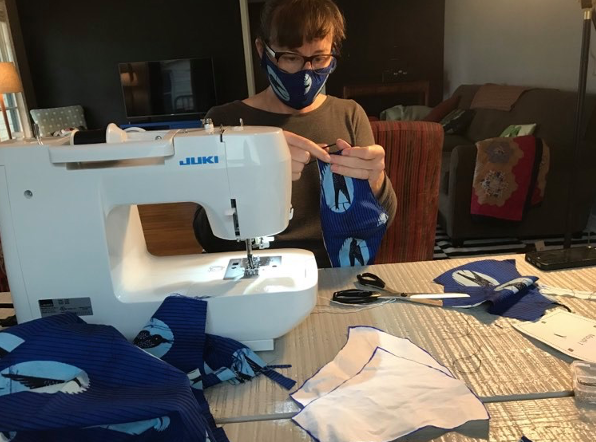
Pandemic Days. Photograph by Nomi Stone.
Then I feel a flush of shame: for having felt for just a moment that he and I are outsiders together. However I may feel about it, I am from this place: its bluster and denial and exceptionalism, its fantasies of inclusion across the capitalistic grid while its glossy pleasures are delivered only to the few. My chest tightens at what this home has given me, and what it hasn’t taken. “I truly hope,” I offer tentatively to Amir, “that your family is okay.” The way his eyes flicker for a moment tells me they are not. “My brother is gone,” he tells me. “And my Dad.”
In Arabic I stutter “May God have mercy on them.” He blinks. The hygienist approaches. “We think it might be better if you come back next week,” she says. “To see our female dentist. She’s more patient. That might be a better fit.” The pain in my teeth seems to roam: my jaw, my sinuses, my head, scalding in my eyes. “No, thank you,” I reply. I do not want another encounter of shared air in this room. She nods and asks me to sit down, Amir retreating to assist another patient. The air is thick; it catches when I breathe.
After the gritty toothpaste of the cleaning and the scaling off my plaque, after the mouth mirror and the saliva ejector, the dentist arrives, this time double masked and gloved: I can only see his eyes and the white freckled flesh around them. After he finishes drilling, the tooth hurts for another three weeks, the nerves still raw. I return a month later for my tooth to be checked. I hope to catch a glimpse of Amir, but I don’t. I walk back out into the Texas scald, and I drive home.
Cite as: Stone, Nomi. 2020. “Dentist in Dallas: Pandemic Affect in the American Empire.” In “Flash Ethnography,” Carole McGranahan and Nomi Stone, editors, American Ethnologist website, 26 October 2020, [https://americanethnologist.org/features/collections/flash-ethnography/dentist-in-dallas-pandemic-affect-in-the-american-empire-by-nomi-stone]
Nomi Stone teaches hybrid courses bringing together creative writing, literature, and anthropology at the University of Texas at Dallas. She is the author of the poetry collections Stranger’s Notebook (Triquarterly, 2008) and Kill Class (Tupelo, 2019), and her next book Pinelandia: Human Technology and American Empire is forthcoming (University of California Press, 2022).
